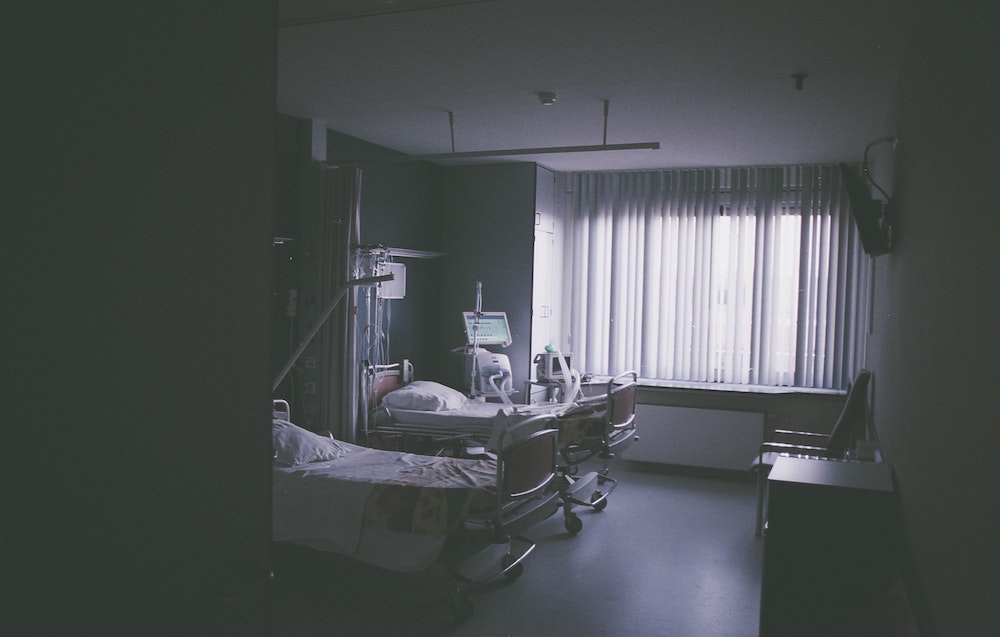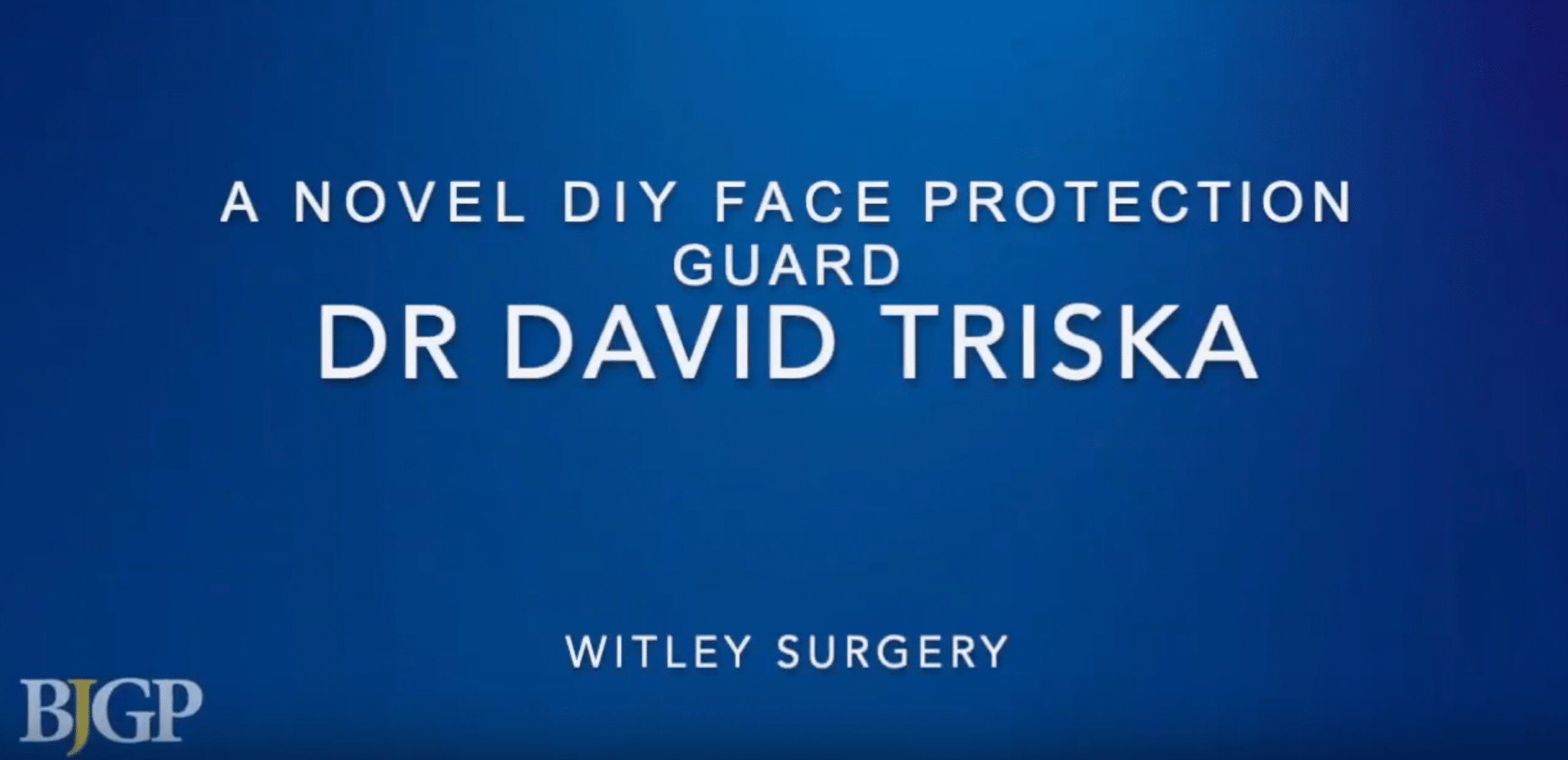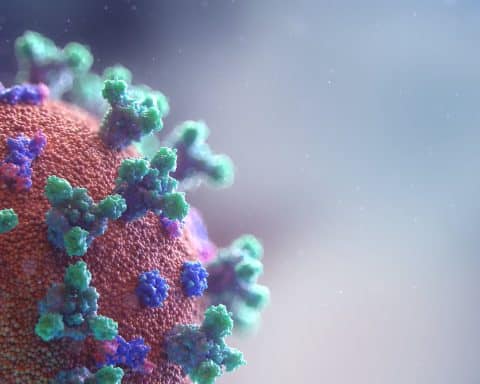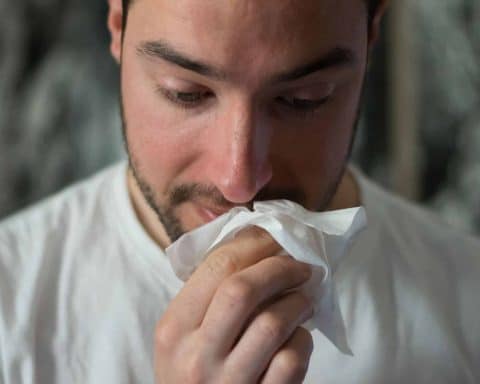
The role of GP registrars during the pandemic will be important. Registrars will be at varying levels of comfort with telephone triage and they are now tasked with learning this skill quickly. Although supernumerary, their presence enables practices to increase their appointment capacity. Trainees can bring knowledge and insights from recent hospital placements that provide utility to a practice team. Their recency in hospital has led to some GP registrars offering to return to hospital to aid with the pandemic. There is understandable reluctance within primary care to allow trainees to leave.
Nevertheless, there is a case to be made for allowing some trainees to temporarily re-join secondary care.
General practice has long attracted trainees who first trained in a hospital specialty. The introduction of the Accreditation of Transferable Competences (ATC) Programme five years ago enabled these doctors to reduce the three-year GP training programme by a maximum of six-months. Limited data confirms there are a number of Emergency Medicine, Anaesthetics and Acute Care Common Stem (ACCS) trainees who switch to GP training (1,2). ACCS is a training programme that involves two years of Acute Medicine, Emergency Medicine, Anaesthetics and Intensive Care Medicine (ICM) rotations and a third year in one of those four specialties.
The cohort of trainees from these training programmes will have achieved the Initial assessment of Competency in Anaesthesia and basic ICM competencies. Some trainees may have more advanced competencies in anaesthetics or ICM depending on their specific training programme. Not all trainees who move to general practice use the ATC framework and therefore the data likely underreports the true number of GP registrars with prior specialty training experience.
Utilising a GP registrar with prior and recent ICM experience is preferable and safer for patients than upskilling another doctor without such prior experience.
“Previous critical care experience should be actively sought and used in critical care where possible.”
Clinical leads for intensive care units (ICUs) will first look within their anaesthetic departments for critical care experience. Many anaesthetic consultants are dual trained in ICM. If such experience is exhausted amongst anaesthetists, clinical leads will have to consider alternatives such as upskilling doctors without prior ICM or anaesthetic training. Utilising a GP registrar with prior and recent ICM experience is preferable and safer for patients than upskilling another doctor without such prior experience.
The GMC has tried to support the health system by asking recently retired doctors to temporarily return to the workforce (4). Therefore, an alternative available to intensive care clinical leads is recalling retired anaesthetic or ICM consultants. The age-related mortality of COVID-19 has significant implications for the recall of retired doctors. A retired ICM consultant is at far greater personal risk than a trainee in their 20s or 30s (5).
A retired GP returning to the workforce is also at great personal risk. However, there are options available to mitigate this risk within general practice. Such doctors can choose to exclusively engage in telephone consultations and triage. This can even be performed from their own home if they are subject to shielding due to health vulnerabilities. These are options that a retired anaesthetic or ICM Consultant does not have. These retired GPs could have the ability to replace the capacity lost by GP registrars with prior ICM experience returning to hospital.
A significant amount of excess mortality during any pandemic comes from acute and chronic conditions unrelated to the infectious disease.
A nation’s pandemic response requires increasing both the physical and human capacity of its health service. Unfortunately, the United Kingdom is starting from a low base. Our human capacity suffers from workforce gaps (7). The physical capacity is unfavourable compared to other high-income countries with a low number of hospital and intensive care beds relative to our population (8,9). Therefore, it is essential that allocation of our physical and human resources is as efficient as possible.
Postgraduate GP directors should release GP trainees with ICM experience sooner rather than later. Time will be needed to integrate into new surroundings and refresh clinical skills. If Postgraduate GP directors are forced to release such trainees at the height of the pandemic — when the quality of induction and availability of refresher training will suffer due to patient volume — it is conceivable that this would be a poor and avoidable outcome for ICUs, for trainees and for patients.
References
- Royal College of General Practitioners. Annual specialty report (ASR) 2016 [Internet]. 2016 [cited 2020 Mar 24]. Available from: https://www.gmc-uk.org/-/media/documents/dc11249-evi-rcgp-asr-2015-16-74642576.pdf
- Committee of GP Education Directors (COGPED). STRENGTHENING GP RECRUITMENT – THE ACCREDITATION OF TRANSFERABLE COMPETENCES (ATC) FOR ENTRY INTO SHORTENED UK CCT GP SPECIALTY TRAINING PROGRAMMES [Internet]. 2015 [cited 2020 Mar 24]. Available from: https://www.cogped.org.uk/images/docs/trainee/ATCF-Guidance.pdf
- ICM Anaesthesia COVID-19 [Internet]. [cited 2020 Mar 24]. Available from: https://icmanaesthesiacovid-19.org/
- Information for doctors granted temporary registration – GMC [Internet]. [cited 2020 Mar 25]. Available from: https://www.gmc-uk.org/registration-and-licensing/temporary-registration/information-for-doctors-granted-temporary-registration
- Wu Z, McGoogan JM. Characteristics of and Important Lessons from the Coronavirus Disease 2019 (COVID-19) Outbreak in China: Summary of a Report of 72314 Cases from the Chinese Center for Disease Control and Prevention. JAMA – J Am Med Assoc. 2020;
- Madhav N, Oppenheim B, Gallivan M, Mulembakani P, Rubin E, Wolfe N. Pandemics: risks, impacts, and mitigation. In: Disease Control Priorities: Improving Health and Reducing Poverty 3rd edition. The International Bank for Reconstruction and Development/The World Bank; 2017.
- Falling short: the NHS workforce challenge | The Health Foundation [Internet]. [cited 2020 Mar 25]. Available from: https://www.health.org.uk/publications/reports/falling-short-the-nhs-workforce-challenge
- Acute care hospital beds per 100 000 – European Health Information Gateway [Internet]. [cited 2020 Mar 25]. Available from: https://gateway.euro.who.int/en/indicators/hfa_478-5060-acute-care-hospital-beds-per-100-000/
- Rhodes A, Ferdinande P, Flaatten H, Guidet B, Metnitz PG, Moreno RP. The variability of critical care bed numbers in Europe. Intensive Care Med. 2012 Jul 10;38(10):1647–53.







